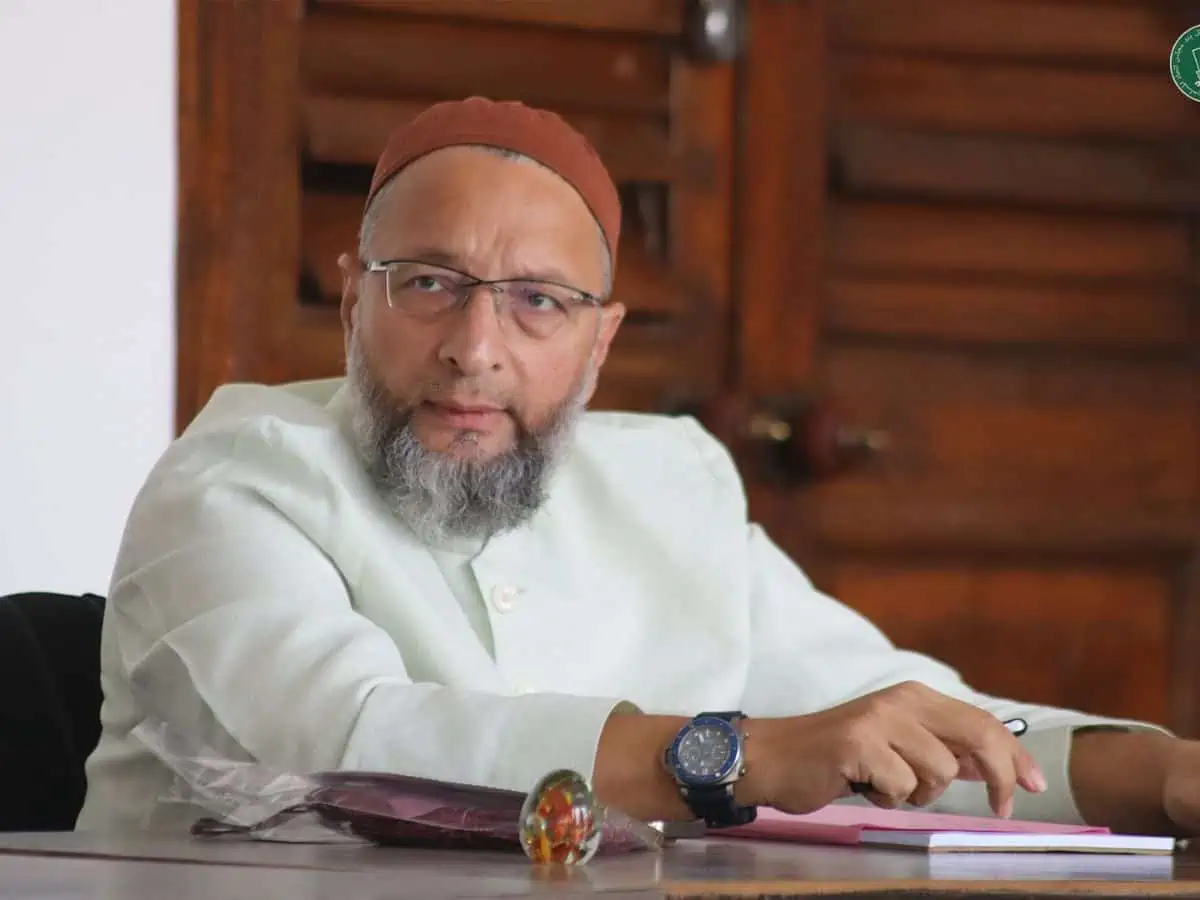In what’s being called a long-overdue act of justice, the Australian government has agreed to pay A$475 million in compensation to victims of the now-disgraced Robodebt scheme—a system that wrongly accused hundreds of thousands of vulnerable citizens of owing Centrelink money.
For years, everyday Australians—job seekers, pensioners, students, and carers—suffered under the weight of debt notices that should never have existed. Some lived in fear, some fought back, and tragically, some didn’t survive the emotional toll. The scheme, which ran from 2015 to 2019, caused untold psychological distress. It even contributed to the deaths by suicide of two young men, and many more considered ending their lives due to the relentless and inaccurate debt collection.
Now, in what is being labelled the largest class action settlement in Australian history, the government has decided to put a number on the damage: A$475 million (US$310 million). The compensation comes in addition to the A$112 million already paid to around 400,000 people back in 2020.
Attorney-General Michelle Rowland did not mince her words, referencing the Royal Commission’s damning report which called Robodebt a “crude and cruel mechanism, neither fair nor legal.” The commission found that the system “traumatised people on the off chance they might owe money” and concluded it was a “costly failure of public administration—both in human and economic terms.”
This isn’t just about money—it’s about acknowledging pain, restoring dignity, and taking accountability for a policy that left so many Australians suffering in silence.
At its heart, this is a story of a system that forgot the humanity of those it was meant to help. The victims were not just numbers on a spreadsheet—they were people, many already on the edge, pushed even further by bureaucratic coldness and digital automation.
The Federal Court’s final approval is pending, but for many, this announcement is a long-awaited recognition of a national wrong. And while no settlement can truly undo the harm done, this moment signals a collective shift toward justice and healing.




